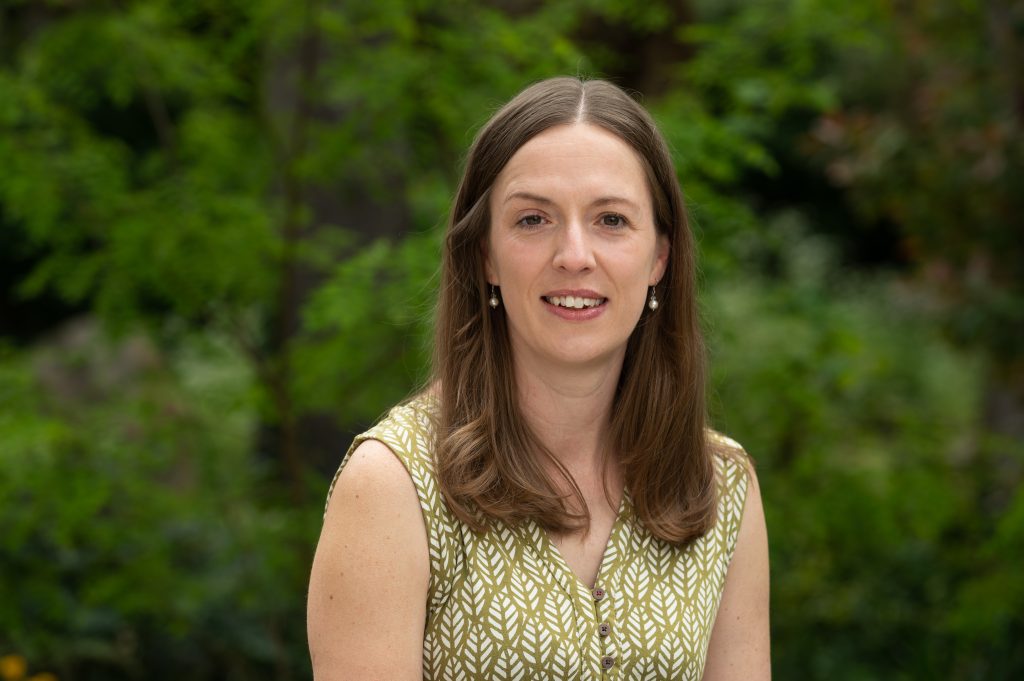Fiona is a post-doctoral researcher currently working on the Learning for Families through Technology (LiFT) project. She is interested in children’s cognitive development (particularly language, reading and mathematics), especially how it is shaped through parental engagement and the home learning environment. She is also interested in the role technology can play in supporting both children’s learning and parents’ engagement. Fiona’s current work is investigating the ways in which apps can be designed to better promote family media interaction.
Before joining the Department, Fiona studied Psychology at The University of Bath. She has since been involved in a number of research projects, many involving the implementation and evaluation of parental engagement programmes, including leading the evaluation team for the Parental Engagement Fund (PEF) project.






